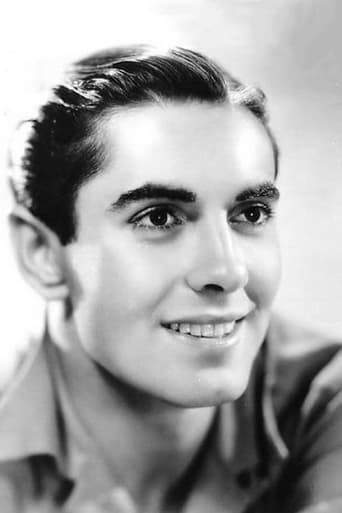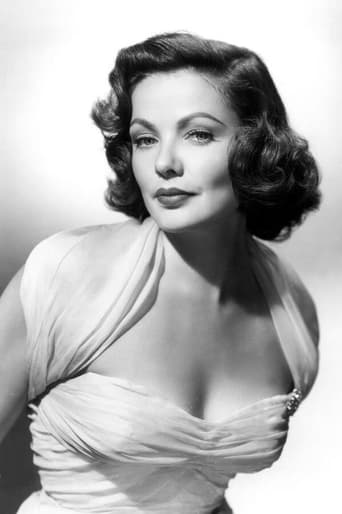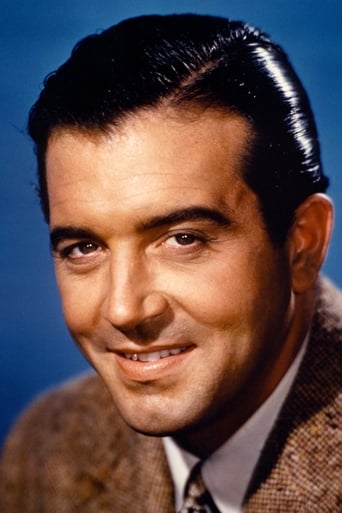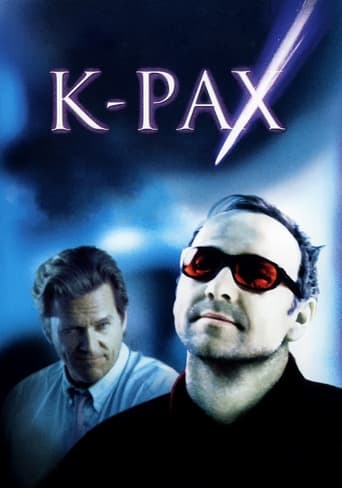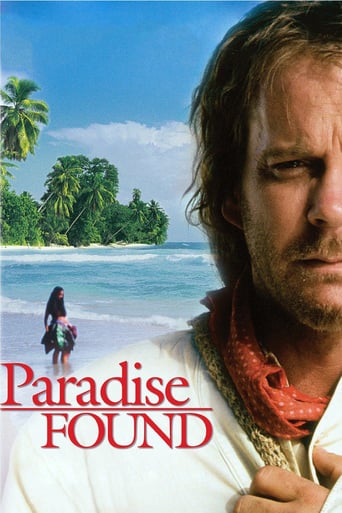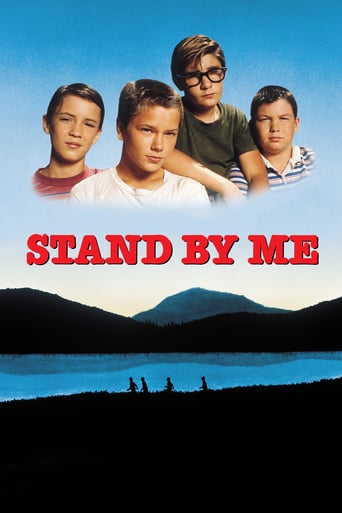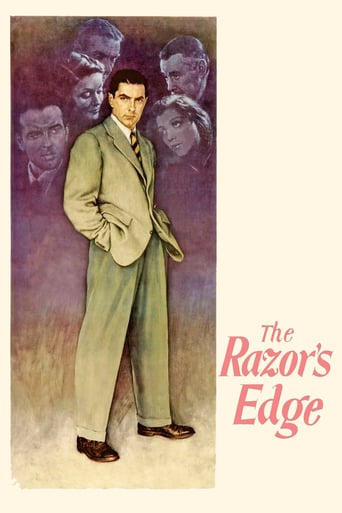
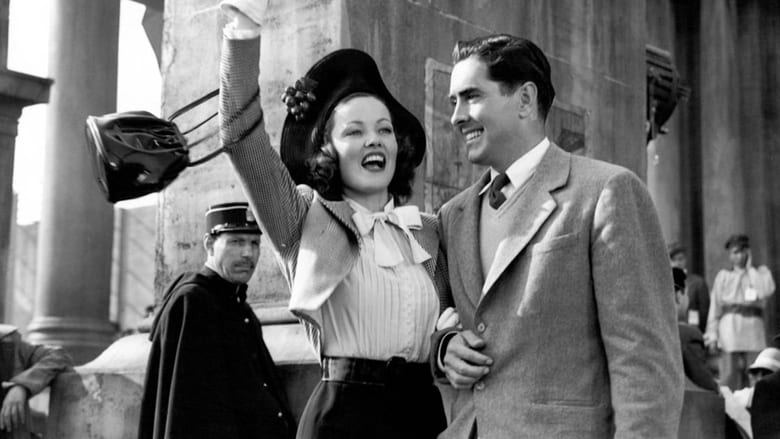
The Razor's Edge (1946)
An adventurous young man goes off to find himself and loses his socialite fiancée in the process. But when he returns 10 years later, she will stop at nothing to get him back, even though she is already married.
Watch Trailer
Cast
Similar titles
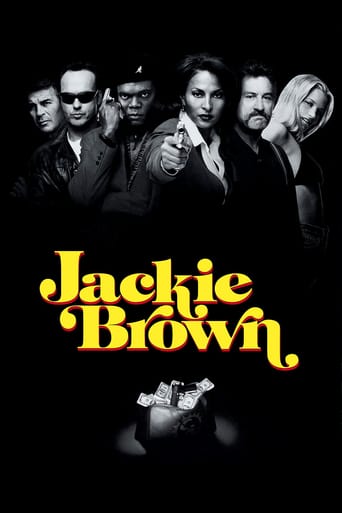
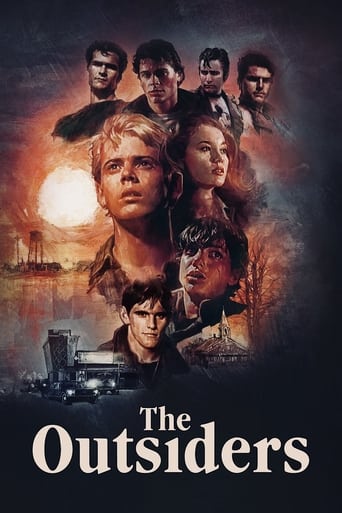

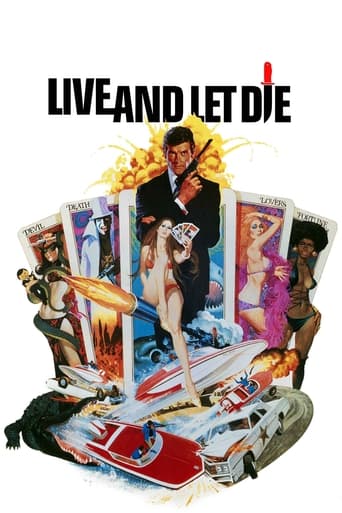
Reviews
Takes itself way too seriously
A Masterpiece!
It’s an especially fun movie from a director and cast who are clearly having a good time allowing themselves to let loose.
I am only giving this movie a 1 for the great cast, though I can't imagine what any of them were thinking. This movie was horrible
If anyone had doubts about where Gene Tierney should stand in the vast pantheon of cinema's lading ladies, this understated masterpiece should put them to rest. The chemistry between Tierney and Power is palpable, and makes compromises from Maugham's masterpiece superfluous. This is a movie in which the acting is everything, as far from De Caprio's sensationalism as can be. However, this is a literary adaptation, like Gwen Terasaki's memoir, Bridge to the Sun, or Fitzgerald's Tender is the Night, where reading the book beforehand is highly recommended. Watching Tierney and Power here makes it obvious why the gentleman turned down the lead in The Great Gatsby when Tiernney was rejected as being too pretty (as much as I enjoyed Alan Ladd and Betty Field); Mrs. Tierney was a fine actress, by any standard.
SPOILER ALERT.....SPOILER ALERTMake no mistake, this was one of 20th Century Fox's big productions. The $1.2 million budget led to gross rentals of $5 million. The scenes here are lush, although it's a shame they didn't spend just a little more money to film it is color. Fox purchased the film rights from Somerset Maugham for $50,000 plus a percent of the net profit. It appears to have been a fairly lavish production. The musical score in part by Alfred Newman, is quite impressive, and was the original source of the song "Mam'selle". The film runs long (145 minutes), but it needed to, and I give credit to 20th Century Fox for allowing it to.I am updating this review to reflect my recent Blu Ray replacement of the original DVD. The first question that comes up is whether or not the Blu Ray is a significant improvement over the DVD. An improvement in this case, yes, quite good, although at points the film's score seemed just a tad harsh. At any rate, it is a good transfer and looks good on widescreen high-def television. Somerset Maugham (played here by Herbert Marshall) narrates the film, and drifts in and out of the story at opportune moments, much as he had in 1942's "The Moon and Sixpence". As the film begins, we see Tyrone Power romancing Gene Tierney. But, Powers also wants to explore the meaning of life and travel the world...but Tierney simply wants a proper and wealthy marriage. The fiancés separate and Tierney marries John Payne, a millionaire. Mutual friend Sophie Nelson (Anne Baxter) marries happily, but her husband and child are killed in a car accident. Power eventually travels to India where he seeks a deeper understanding of life from a mystic and time in the Himalayas, where he becomes enlightened. Power returns to France and becomes friends again with Maugham and Baxter and her husband. An alcoholic Baxter shows up, Power decides to marry her, but Tierney's scheming results in the death of Baxter. All this comes out at the end of the movie, when Power leaves for America, never to again see his circle of friends.It's an especially strong performance by Tyrone Power here. He's at his young (32) handsome best here, but what's most impressive is that this is one of his most impressive acting performances. His character wants to know what life is all about because of an incident that occurred during WWI; it seems cliché now, but it makes sense here...and frankly, always will. It's interesting here how through some vignettes they pack a good sense of Power's character traveling in Europe...and it's hardly the life that Tierney's uncle (Clifton Webb) intended in his scheming. Gene Tierney comes off as being a very unsympathetic character...but that was the role. Early in the film she stresses her desire that her intended (Power) be ambitious, and while she feels strongly about it, rather than seem unreasonable, she seems logical. At this point, it's simply a question of 2 people whose attitude toward life are simply too different to enter into a marriage. And so she marries another -- John Payne. Later she learns that Anne Baxter will marry Tyrone Power, and she leads the recovering alcoholic woman into a drunk resulting in suicide. That's when you realize that Tierney's character is evil. But of course, she has her comeuppance at the end of the film. John Payne and Anne Baxter played their roles very well, and Baxter even won the supporting Oscar for it...although I didn't feel she was that special here. Payne was always a rather pleasant B actor. Baxter here plays a pathetic woman who is handed some tragic events in life and can't handle it. She becomes a slut in a Paris bar...which I found rather far fetched. And then the bombshell -- Power is going to marry Baxter, and, though married herself, Tierney is livid. Sophie totally falls off the wagon and ends up murdered. Herbert Marshall is excellent as Maugham, although his role is sparse in the first half of the film.Clifton Webb, nominated for best supporting actor Oscar here, is superb, and perhaps never did he play his foppish character quite so well as in this film. Webb's character's demise in the film is a classic. Also worth watching -- mostly early in the film -- is Lucile Watson as Tierney's mother...a wonderful character actress. Fritz Kortner, a Viennese actor, has a nice smaller role as a European miner/unfrocked priest with a fair amount of wisdom whose talk leads Tyrone Power's character to India. Cecil Humphreys has an interesting role as the holy man in India; again, a rather small part. Elsa Lanchester has a small, but delightful part near the end of the film.Perhaps the biggest fault of the film is the small amount of time spent on Power's character's time in the Indian mountains where he became enlightened. What did he learn there? How did he learn it. It's given short shrift, and as such, I felt as though an important piece of the character's enlightenment was missing.This is on my DVD shelf! And should be on yours. I have given the film an "8", albeit a weak one, because I was disappointed in the segment in India. This film is good enough that it inspired me to seek Maugham's novel, but I was dissatisfied for the same reason with the novel.
In 1919 Chicago, British writer W. Somerset Maugham (nicely personified by Herbert Marshall and directed by Edmund Goulding) recalls meeting handsome World War I veteran Tyrone Power (as Laurence "Larry" Darrell) at a party. He is engaged to attractive socialite Gene Tierney (as Isabel Bradley) and has a little money, but Mr. Power feels restless and uncertain about his place in the world. During the war, Power's life was saved by a buddy; the act killed his friend and left Power with questions about life. He and Ms. Tierney pledge their love, but decide to put their plans for marriage on hold while Power travels...The cast winds up in Paris, where Tierney's flamboyant uncle Clifton Webb (as Elliott Templeton) holds court. Powell is also admired by alcoholic floozy Anne Baxter (as Sophie MacDonald) while more sober John Payne (as Gray Maturin) remains available for Tierney. Power's inward searching becomes highly spiritual and he winds up spending some time in India where a bearded Maharishi-type tells him to imagine, "nothing above you but the sky." Imagine that. After the 1929 stock market crash, Powell returns to Paris. He attempts to bring God-given peace and tranquility to friends and acquaintances living on "The Razor's Edge"...******** The Razor's Edge (11/19/46) Edmund Goulding ~ Tyrone Power, Gene Tierney, Anne Baxter, Clifton Webb
The Razor's Edge (1946)A stately, dramatic, richly nuanced film about love, true love, and the love of life. It's about what matters, and what doesn't, in a high society world George Cukor could have filmed, but this is by director Edmund Goulding, coming off of a series of war films, and with the great Grand Hotel from 1932 in his trail. Some people will find this a touch stiff or slow, or rather too nuanced, but I think none of the above at all. It has the richness of the Somerset Maugham novel it is based on, and Goulding had just filmed (the same year) Of Human Bondage, another Maugham novel. In both cases, the writer contributed to the screenplay, and the combination of the two of them seems really perfect. Tyrone Power is an interesting lead man, as the idealistic and handsome Larry Darrell, and in some ways his restraint and almost studied dullness at times is maybe what the film needs for its rich, calm trajectory through the twenty years it covers. He's as stable and "good" as the wise, knowing figure of the author, who appears in the form of actor Herbert Marshall. Gene Tierney as Power's counterpart and eventually counterpoint plays the spoiled woman with cool, dramatic perfection. She's got energy and edge and beauty from every angle, and she maintains just that slightest duplicity in every scene, so you are kept on your toes.The only forced and almost laughable section is the one that demands we think profound thoughts...the guru in India being guru to our hero. Unfortunately, it lasts for fifteen minutes, and though there is a spiritual necessity to the experience he has there, this spiritual aspect is implied just as fully in the worldly scenes that follow. I can picture a far better movie without this insert, and I can picture the director picturing it, too. Someone knows why it got patched in, and for whom, but this is what we have. It has to be said the filming, as conservative as it is in many ways, is spot-on gorgeous. The brightly lit, ornamented, busy sets are actually inhabited by the camera, and the figures move together not only across the field, but front to back as well, in triangles and curves of visual activity, yet with fluidity--it's all contained and lyrically delicious. This is done without ostentatious mood, without sharp angles and bold lighting, but instead with spatial arrangements, always full, no emptiness, no great shadows, always something more to see. A great example, easy to find, is the very last scene, just before the shot on the boat when the end titles run. Watch how Marshall walks the long way around Tierney, and then she walks around him, and the camera keeps them framed side to side, front to back. It's nothing short of brilliant, and yet, in style, so different than say Toland doing Kane or, at another extreme, Ozu doing Tokyo Story. But no less spectacular.At one point, a minor character, a defrocked priest, says to Darrell in a working class bar, "You sound like a very religious man who does not believe in God." The movie is really about godliness, or what Maugham calls "goodness" in the end. And some people have it, and share it, and make the world better, God or no God.
